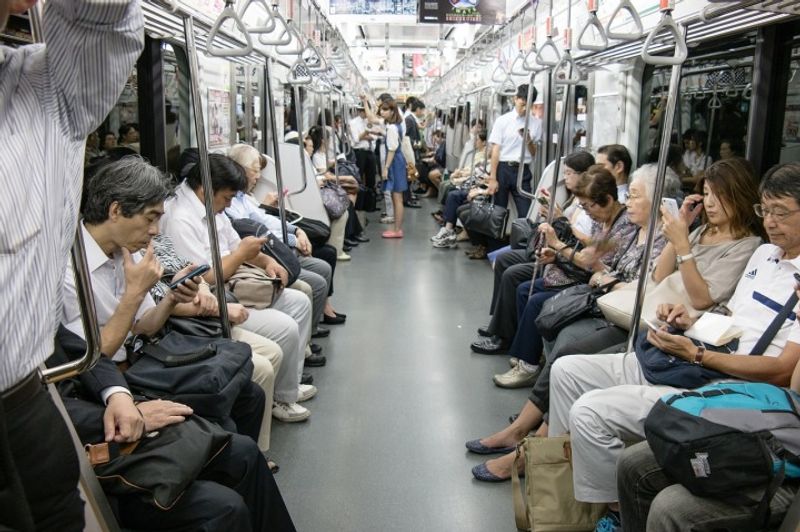Apr 10, 2017
Am I losing my self identity here in Japan?

I probably started noticing the change one day when I was checking out my outfit in the mirror. Suddenly, I realized the reflection in the mirror is not quite the same person I was a few years ago. As much as I have aged over the years, I noticed the most drastic change was my way of dressing. I was no longer dressed in the style I thought had previously defined me as an individual. In fact, I am starting to look no different from another Japanese lady in the train, on the street, in the supermarket and at my kids school. No doubt it wasn't a bad change as Japanese ladies are known to be good dressers but quite frankly, I was a little surprised at that change.
A little more self-reflection concluded that not only has my way of dressing changed. In fact, over the years, I have developed thinking and behavior quite compatible with the Japanese society. I have learnt to walk faster, speak softer, laugh quieter, nod and smile a lot more than I would actually say "hi". I am saying more "excuse me" and "thank you" than I think I need to and also frequently catching myself bowing at people and situations. It is all very strange, for me to so quickly adopt a culture and behavior that was quite foreign to me when I first moved here.
My biggest question is, what is this magic power behind this unformization in Japan. What exactly compels people, both locals and foreigners to think, respond and behave according to the masses?
Here are some of my observations:
Deep rooted culture
Japan has a rich culture and it is quite outstanding. The Japanese way of things have proven to work for a long time. In fact, Japan has become this powerhouse of good practices that many other countries admire and respect. So in that respect, when you are here, you tend to give in to their way, quickly learning how things work and go with the flow.

It is all about being in harmony
Think about art and design in Japan and their manifestations in everyday lives here. It seems that the most important rule is to achieve a form of harmony, maintaining peace and a balanced symbiotic relationship between people and things. It is definitely about fitting in rather than standing out. The Japanese are good about following this way of life, people are expected to follow rules, whether its written or not. Consensus is always required for a decision. Deviants are being frowned upon. The end result is a rather comfortable society and so why not follow suit?

It takes a lot more confidence to look and behave different
This probably has to do with the history of the country. Probably due to it being an isolated island country, with a lack of resources, hence the need for people to work together to survive. Coupled with the war, requiring more of a collaborative relationship amongst the people. Most importantly the education, instilling the need to conform from a very young age. As a result, non conformers are often labeled rebels and it takes confidence to be a rebel and stay a rebel.
While we "gaijins" are often pardoned from fitting in, it is probably a much nicer experience to be not considered an outsider or an "outcast".
Dont get me wrong, while I question if I am losing my self identity, I am certainly very aware of my own roots and origins. I am just questioning why this adaptation is happening rather quickly and almost naturally?



1 Comment
JTsu
on Apr 11
I too have noticed similar changes over my time here, but it often leaves me thinking about the terribly serious little girl I once was, and how parts of her personality would have made so much more sense here. That said, I am made more comfortable by seeing people rebel a little-- like I am now not the only person not fitting in-- but you are totally right, it takes a lot of courage to stand up to centuries of cultural conformity.